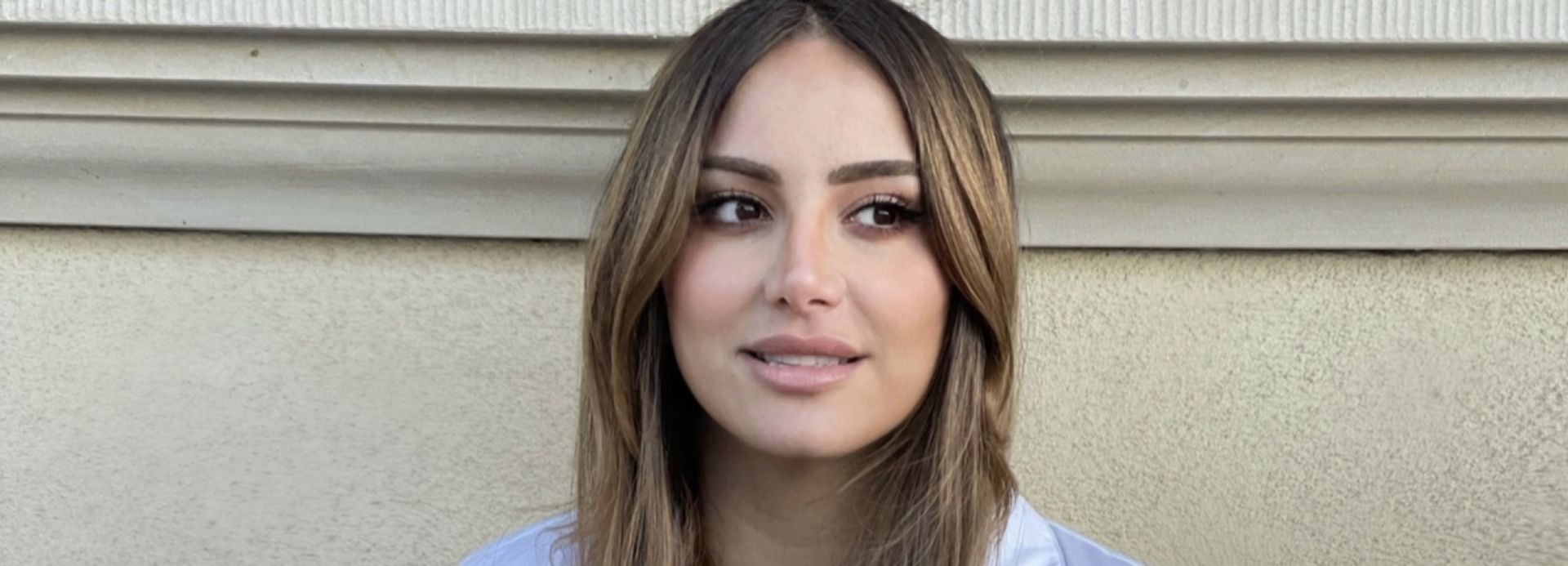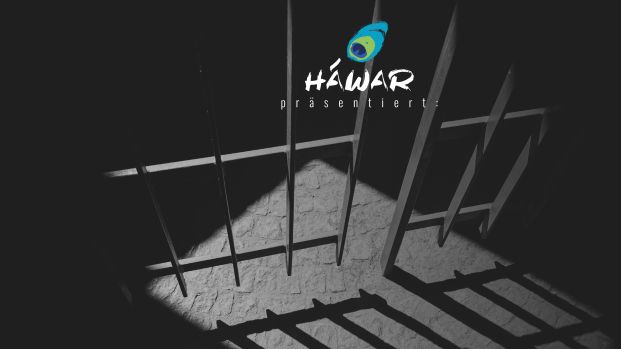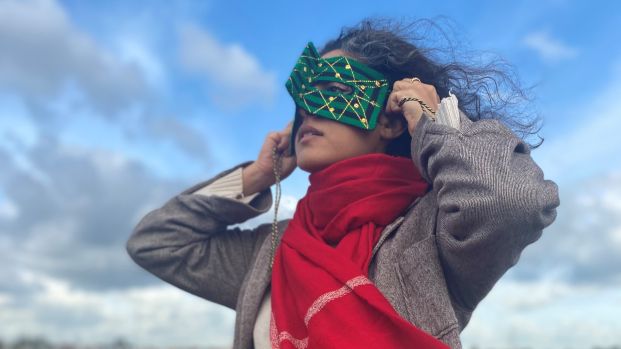
The renowned German-Iranian stand-up artist and human rights advocate, Enissa Amani, proudly stands as the patron of the Human Rights Film Festival Berlin 2023. This year, under the inspiring theme "The Good Fight", the festival spotlights the relentless efforts of global activists championing human rights, environmental protection, and social justice.
Born to a literary scholar father imprisoned during his studies and a doctor mother persecuted in Iran, Enissa's family sought refuge in Germany in 1985. Reflecting on her passion for activism, Amani declares, "As the daughter of two dedicated human rights defenders, I believe it's not just my legacy, but every individual's responsibility to champion life, humanity, and justice."

On humanity and humaneness
Stand-up comedian Enissa Amani is the patron of this year’s Human Rights Film Festival Berlin. In this interview, she talks about freedom, the power of documentary films and the importance of humour.
What does freedom mean to you?
Freedom is the fundamental idea of creation. Freedom belongs to every life on this Earth, and of course, there’s also that beautiful quote from Rosa Luxemburg: ‘Freedom is the freedom of the person who thinks differently.’ Freedom also means defending the freedom of others who have different ideas, as long as they uphold human rights and the constitution.
As the patron of the Human Rights Film Festival Berlin, you play an important role in promoting human rights and social justice. What motivated you to engage in these issues?
I am the daughter of two human rights activists who dedicated their lives to these issues. I don't need any special motivation to do this. I believe it is the duty of every human being to stand up for life, humanity and justice.
In your opinion, what role do film festivals like the Human Rights Film Festival Berlin play in promoting human rights and social justice?
Films are one of human culture’s wonderful inventions. They visualise us, mirror us, inspire us. A film gives you the opportunity to immerse yourself in a world that is not your real world but that can become your world.
Films are important, especially within the context of resistance and in order to expand horizons. Films are wonderful tools that can be used to paint a picture of a world that could be or to mourn one that is. Films can move so much within a person. I love films.
You are known in Germany for your humour. What role can comedy play in social discourse and social change?
Humour can be used to make painful things not only more bearable but also more accessible and understandable for others. Stand-up can open new doors in people if they just listen, much like in a film. Even more than I am stand-up comedian, I am a big fan of stand-up.
Your parents were politically persecuted as leftists: your father spent four years in prison in Iran, and your family eventually fled Iran in 1987. How did your parents talk to you about that time?
Constantly and never with any filter. I know their struggles and their biographies in detail. I was filled with thousands of stories of the sad times, of the beautiful times, of the times that were both. Today, all these stories are such a great source of inspiration for my art but also for my demand for humanity.
Activism played a role in your childhood. Can you remember when you first became involved in human rights and how you felt at the time?
Many protests, in front of consulates, the Iranian consulate, the American consulate, hunger strikes by my father, meetings, organising, book tables, discussions among intellectuals. There was no beginning; I was there from infancy, as were many other babies.
You have often said that you believe the protests will be successful. What gives you hope?
Humanity and humaneness.



